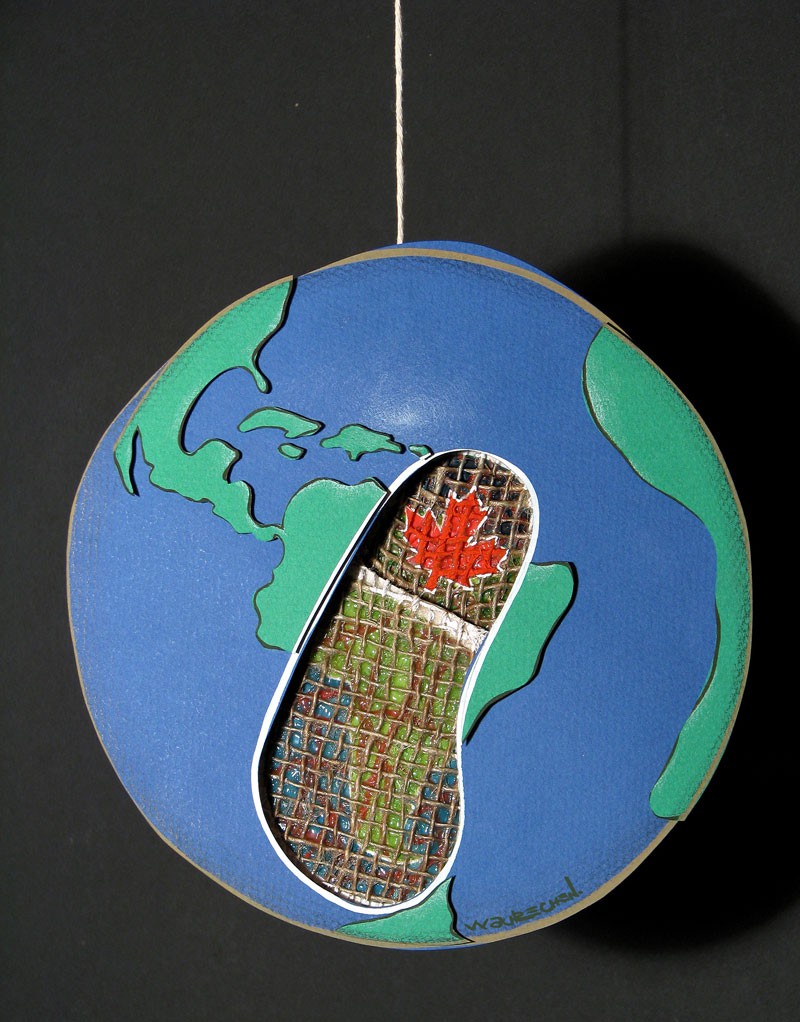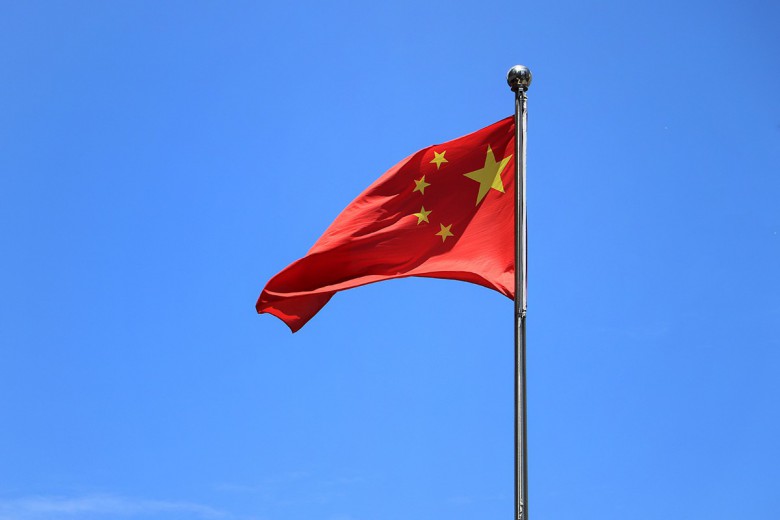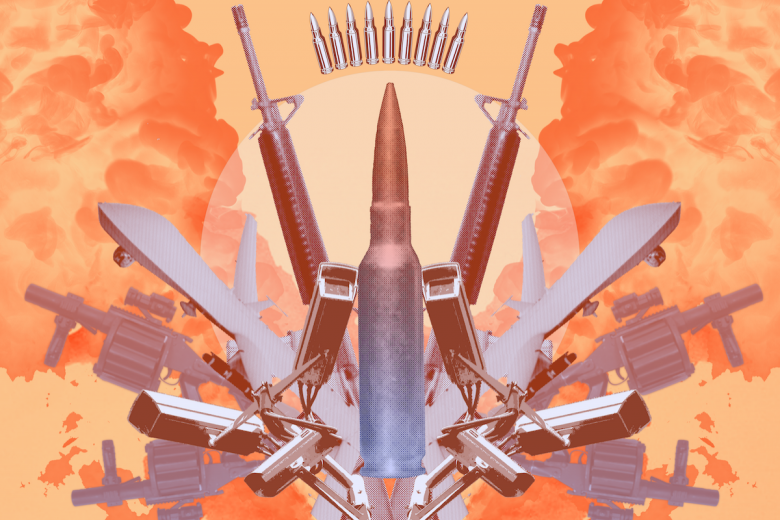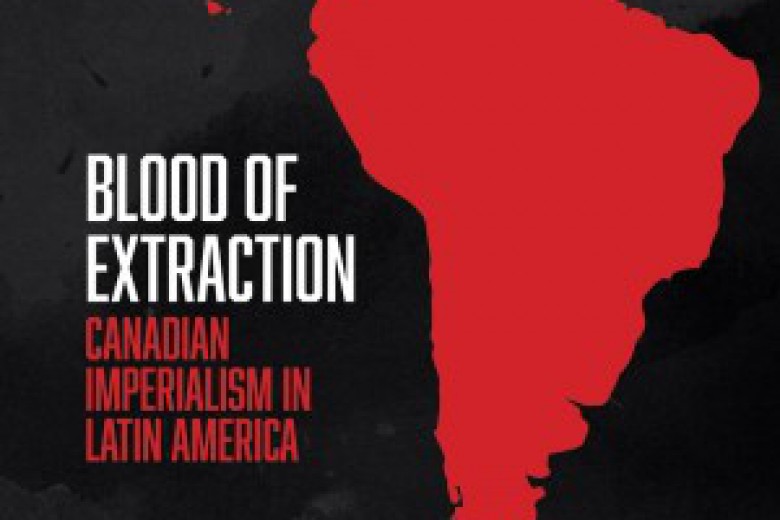
George Orwell wrote that in a time of universal deceit, telling the truth can be a revolutionary act. Similarly, in an age of lies-passed-off-as-truth (the propaganda model), truth-passed-off-as-lies (satire) has a power all its own. When the news has been reduced to a tool of disinformation profitably passed off as “infotainment” a fake news site like The Onion can emerge as a beacon of revolutionary truth-telling.
Recently, for instance, The Onion ran a story titled “U.S. Flag Recalled After Causing 143 Million Deaths”: “Citing a series of fatal malfunctions dating back to 1777” the article begins, “flag manufacturer Annin & Company announced Monday that it would be recalling all makes and models of its popular American flag from both foreign and domestic markets.”
“When combined with alcohol, excessive patriotism, grief, or well-intentioned but ultimately misguided ideals” the fictional flag company president is quoted as saying, “U.S. flags transform into ticking time bombs, just waiting to go off.”
In a way that straight-faced reportage seldom can, The Onion article brilliantly skewers the toxic power of nationalism, the ways it can serve as a weapon for bludgeoning democratic sentiment and action at home and abroad. It gestures toward an imagined future moment when such toxic nationalism becomes broadly recognized as the scourge that it is. Recall the flag, indeed; it’s done far more harm than any sticky gas pedal.
Of course, many Canadians probably read that story without a trace of cognitive dissonance, smug in the conviction that their own flag, unlike that of our big, bad neighbour to the south, is by and large a benevolent force in the world. The Onion article plays on precisely that sentiment, ending with the company president’s recommendation “that all Americans switch to the Canadian flag, which seems to be working just fine.”
Not so, as we see in the following pages.
It’s no coincidence that the prevalence and stridency of Canadian nationalism has grown in step with our government’s increasingly aggressive and arrogant stance on the world stage.
As Chris Shaw points out in his in-depth analysis in this issue of the transformation of the Canadian military in Afghanistan, “Support our Troops” bumper stickers and rallies began to proliferate precisely when the Canadian Forces assumed a more front-line, aggressive role in the war in Afghanistan, and as Canadians began to die in greater numbers. “Support our Troops” decals soon began to appear on public vehicles — police and firefighter — with nary a peep from the Left.
In recent years we’ve experienced the truth of Arundhati Roy’s observation, “Flags are bits of coloured cloth that governments use first to shrink-wrap people’s brains, and then as ceremonial shrouds to bury the dead.”
More recently, Canadian universities began to sign on to Project Hero, a program in which participating institutions waive tuition and course fees for “children of fallen soldiers” — a program that is entirely redundant since children of Canadian soldiers are already eligible for financial assistance through Veterans Affairs. When, in March, a number of professors at the University of Regina objected to having their university “associated with the political impulse to unquestioning glorification of military action” by participating in Project Hero, their principled stance provoked a vicious campaign of hate mail, threats and calls for their dismissal. The virulence of the backlash only confirms that the militarization of Canadian culture and the glorification of war are now well advanced and must be challenged openly and vigorously.
As Todd Gordon points out in his article on Canadian imperialism in this issue, “Our task on the Left … is to build a deeper anti-Canadian-imperialist consciousness, while fostering stronger bonds of solidarity with movements in the South struggling against imperialism in general and Canadian imperialism in particular. Only with these steps will it be possible to sustain the kind of movement that can challenge the destructive power of Canadian capital and the state abroad.”
We’ve got our work cut out for us, but our allies are many, both within and beyond our borders.






